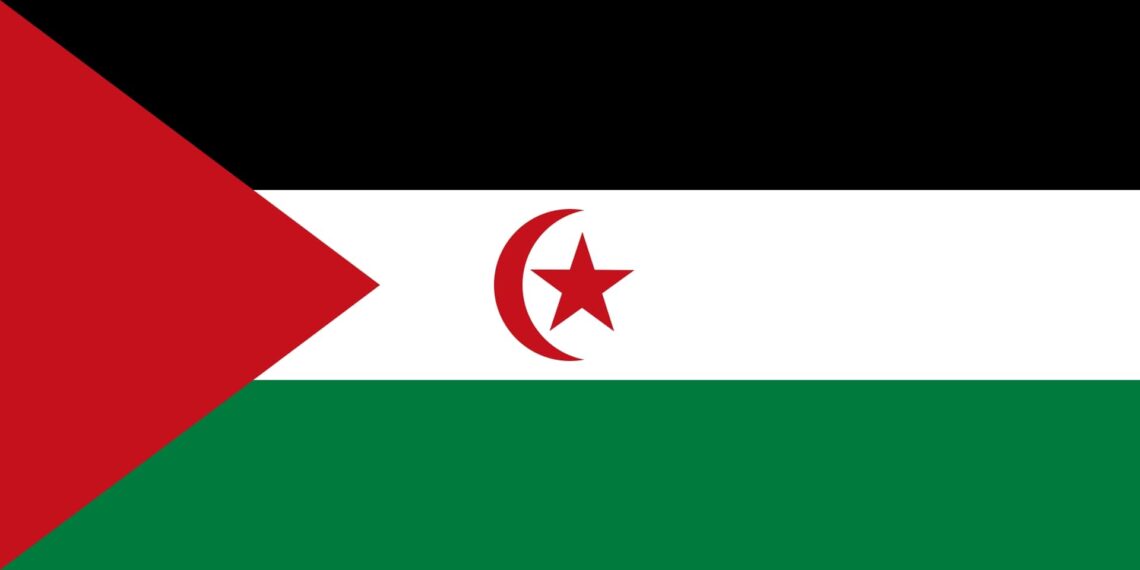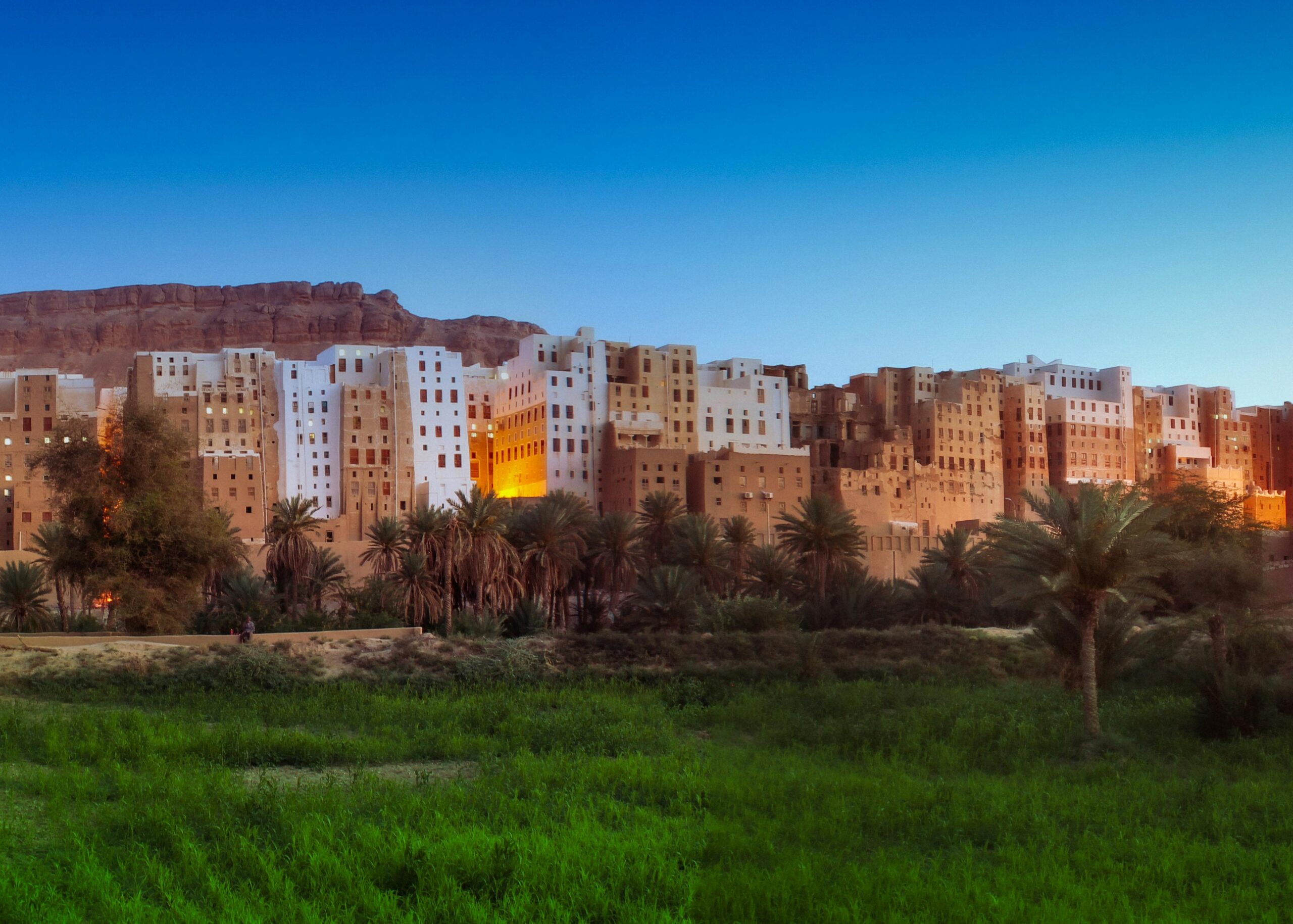Western Sahara, a vast expanse of desert territory on the northwest coast of Africa, bordered by Morocco, Algeria, Mauritania, and the Atlantic Ocean, covers approximately 266,000 square kilometers (103,000 sq mi). Its population is estimated to be just over half a million people, many of whom are Sahrawis. The territory has been on the United Nations list of Non-Self-Governing Territories since 1963, and its political status remains one of the most protracted and complex decolonization issues in the world. This ongoing dispute, primarily between the Kingdom of Morocco, which administers most of the territory, and the Polisario Front, which seeks full independence for the Sahrawi Arab Democratic Republic (SADR), creates a unique and profoundly challenging environment for any legal undertaking, especially when it comes to the service of legal documents. Engaging a Process Server Western Sahara is not just a convenience; it’s often a fundamental necessity in this intricate landscape.
The very act of process serving – the formal delivery of legal documents such as summons, complaints, subpoenas, and writs to an individual or entity as required by law – is predicated on a stable and recognized legal framework. It ensures that a party is properly notified of legal action being taken against them, upholding the principle of due process. In most jurisdictions, this is a straightforward, albeit sometimes logistically tricky, procedure. However, in Western Sahara, the “straightforward” part evaporates, leaving a complex web of legal ambiguity, political sensitivities, and practical hurdles that can render standard international service methods ineffective or impossible. This is where the specialized expertise of a Process Server Western Sahara becomes indispensable.
The Core Challenge: A Disputed Legal Landscape
The primary obstacle to effective process serving in Western Sahara stems from its contested status. Morocco controls and administers roughly 80% of the territory, which it refers to as its “Southern Provinces.” The remaining 20%, mostly east of the Moroccan Wall (the Berm), is controlled by the Polisario Front, representing the SADR. Neither claim is universally recognized internationally, and the UN continues to seek a political solution.
This political impasse has direct consequences for the legal system:
- Jurisdictional Ambiguity: Whose laws apply? If a legal document originates from a court in, say, Europe or North America, which authority in Western Sahara is competent to recognize and facilitate its service? The Moroccan-administered areas operate under Moroccan law, while the Polisario-controlled areas adhere to the SADR’s legal framework. There is no unified, internationally recognized system that bridges this divide for the purpose of international legal cooperation, including service of process. A Process Server Western Sahara must navigate this murky reality.
- Lack of Formal International Agreements: Most countries rely on bilateral or multilateral treaties, like the Hague Service Convention, to facilitate the service of judicial documents abroad. Due to Western Sahara’s disputed status, its inclusion or effective participation in such conventions is highly problematic. This means that the formal channels often used for international service are either non-existent or unreliable. A Process Server Western Sahara cannot simply send documents to a central authority expecting them to be served according to an established international protocol.
- Recognition of Judgments: Even if service is somehow effected, the subsequent recognition and enforcement of foreign judgments can be exceedingly difficult. The party effecting service needs to be sure that the method used will be considered valid, not just locally (and by which local authority?) but also by the originating court.
Practical and Logistical Nightmares for a Process Server Western Sahara
Beyond the overarching political and legal complexities, the on-the-ground realities present a formidable set of challenges for any Process Server Western Sahara:
- Vast and Inhospitable Terrain: Western Sahara is predominantly desert. Locating an individual in a sparsely populated area, with limited road infrastructure and often unmapped settlements or nomadic encampments, is a monumental task. Distances are vast, and travel can be arduous and time-consuming.
- Identifying and Locating Individuals: Population data can be unreliable or difficult to access. Many Sahrawis live in refugee camps in neighboring Algeria (Tindouf), while others are nomadic or semi-nomadic. Confirming an individual’s precise whereabouts requires significant local knowledge and investigative skill – core competencies of an experienced Process Server Western Sahara.
- Communication Barriers: While Arabic (specifically Hassaniya Arabic) is the main language, French and Spanish are also spoken, particularly by older generations or those with different administrative backgrounds. Ensuring that the recipient understands the nature of the documents being served, and that any verbal communication is accurately translated, is crucial.
- Infrastructure Deficiencies: Outside of the main towns like Laayoune, Dakhla, or Smara (in the Moroccan-controlled part), infrastructure such as reliable postal services, courier networks, or even consistent telecommunications can be lacking. This makes standard methods of service by mail or reliance on digital tracking highly unreliable.
- Security and Access Restrictions: Certain areas, particularly near the Berm or in regions with a strong military presence, may have restricted access. Navigating these sensitivities and ensuring personal safety requires careful planning and local intelligence, something a professional Process Server Western Sahara would prioritize.
- Cultural Sensitivities: Understanding local customs, tribal affiliations, and social etiquette is vital for approaching individuals and gaining cooperation. A culturally insensitive approach can easily lead to refusal of service or create further complications. A seasoned Process Server Western Sahara will possess this cultural fluency.
Why Hiring a Professional Process Server Western Sahara is Crucial for Success
Given this array of challenges, attempting to serve legal documents in Western Sahara without specialized assistance is a recipe for failure, delays, and potential legal invalidation of the service. Here’s why engaging a professional Process Server Western Sahara is not just advisable, but critical:
- Local Knowledge and Networks: This is perhaps the most significant advantage. A dedicated Process Server Western Sahara will have cultivated local contacts, possess an understanding of the geography, and know how to navigate the different administrative zones. They can tap into informal networks to locate individuals where official records fail.
- Expertise in Navigating Ambiguity: An experienced Process Server Western Sahara understands the nuanced political and legal situation. While they cannot create legal certainty where it doesn’t exist, they can advise on the most viable methods of service that have the best chance of being recognized, or at least documented as a “best effort” under challenging circumstances.
- Resourcefulness and Persistence: Serving documents in this environment often requires creative problem-solving and unwavering persistence. A professional Process Server Western Sahara is equipped for the long haul, prepared to make multiple attempts, and utilize various ethically sound investigative techniques to complete the service.
- Proper Documentation and Proof of Service: Even in a disputed territory, the originating court will require robust proof that service was attempted or effected. A professional Process Server Western Sahara will provide detailed affidavits of service, outlining all steps taken, attempts made, and the method of final delivery. This documentation is crucial if the validity of the service is later challenged.
- Efficiency and Cost-Effectiveness (in the long run): While there’s an upfront cost, hiring a professional Process Server Western Sahara can save significant time, resources, and legal fees in the long term. Failed attempts by inexperienced parties can lead to case dismissals, statutory limitations expiring, and the need to restart the entire process.
- Risk Mitigation: Attempting service in an unfamiliar and politically sensitive territory carries risks, both legal and personal. A professional Process Server Western Sahara understands these risks and knows how to mitigate them, operating with discretion and professionalism.
- Understanding of “Best Efforts”: In situations where formal service channels are blocked or non-existent, courts may sometimes accept a demonstration of “best efforts” to notify the defendant. A professional Process Server Western Sahara is best placed to make and document these exhaustive efforts in a way that might satisfy a court looking for substantive, rather than purely formal, compliance.
Choosing the Right Process Server Western Sahara
When seeking a Process Server Western Sahara, it’s vital to look for:
- Demonstrable Experience: Preferably experience within Western Sahara itself, or at least in similarly challenging, politically unstable, or remote regions.
- Strong Investigative Skills: The ability to locate individuals is paramount.
- Discretion and Professionalism: The sensitive nature of legal matters and the political context demand utmost discretion.
- Clear Communication: They should be able to explain the challenges, their proposed methods, and provide regular updates.
- Robust Reporting: Their ability to provide comprehensive and credible proof of service is key.
Conclusion: Navigating the Labyrinth
Serving legal documents in Western Sahara is far from a standard procedure; it’s an expedition into uncharted legal and logistical territory. The unique political situation, coupled with the practical challenges of the environment, means that conventional methods are often doomed to fail. For litigants, law firms, and corporations needing to effect service in this region, the engagement of a skilled, experienced, and resourceful Process Server Western Sahara is not merely an option but a cornerstone of any successful legal strategy. Their local expertise, tenacity, and ability to navigate complex socio-political landscapes are indispensable in ensuring that the wheels of justice, however slowly and arduously, can turn even in the most challenging of jurisdictions. Without a dedicated Process Server Western Sahara, the fundamental right to due process can become an unattainable ideal in this disputed land.
Contact us today for a free consultation or call +1 (800) 845-6093 to get started on your international service request.
Click Here to Submit Your Process Service Assignment Now
Disclaimer: This article provides general information and should not be construed as legal advice. For specific situations involving international service of process, please consult with qualified legal counsel familiar with both the relevant jurisdictions and current treaty statuses.




